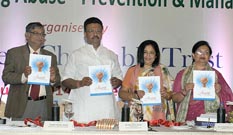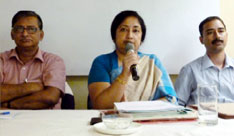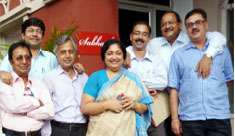living after stroke
When you first go home after a stroke your family and friends will be your most valuable support. It is important, as much as possible, to get back to the life you enjoyed before your stroke.
After a stroke, both the stroke survivor and the family are often frightened about being at home again and getting used to life after stroke. Caregivers might be worried about leaving the stroke survivor at home alone or about the possibility of another stroke. If you have any questions and fears about being at home, talk to your doctor and the stroke team.
Life after stroke has its own particular challenges that will take time, support and determination to adjust to. A stroke survivor has to get used to doing things differently and it can impact on intimacy, relationships and on work and hobbies. Help might be provided by your GP, by family or friends, from other stroke survivors.
Rehabilitation aims to maximise your life after stroke by improving your abilities to cope with the effects of the stroke and prevent deterioration. Rehabilitation starts as early as possible, usually in the acute stroke unit or medical ward. Ongoing rehabilitation may be needed. This can be by continuing in hospital (in a specialised rehabilitation ward) or in the community (either within your own home or as an out-patient in a hospital or community facility).
Although there are no set rules for deciding who will get the most out of ongoing rehabilitation, people suitable for rehabilitation usually are: able to make enough of an improvement to make a difference to your daily life able to manage the time spent in a therapy session able and prepared to work with the stroke team to set and reach your goals.
You and your family/carers should be actively involved in your rehabilitation and rehabilitation choices. The stroke team will decide with you if you need ongoing rehabilitation. How much rehabilitation will I get?
The amount and type of therapy you get depends on your individual needs and how much you can manage. It is important to do as much practice as possible after the stroke. This is because the rate of recovery slows down in the months and years after stroke.
Although improvements are still possible after this time, the most rapid improvement usually happens in the first 6 months.
Practicing therapy tasks with family and friends throughout the day can help your recovery. Talk to your therapists about tasks you and your family can do when you are not with your therapists.
Feeling tired is common after a stroke. Making sure you are getting appropriate rest can help improve general fatigue.
However, sometimes you may experience fatigue related to the stroke which may not improve with rest. You can talk to your therapists about having your therapy at times when you are feeling most alert but therapy is a very important part of your recovery.














